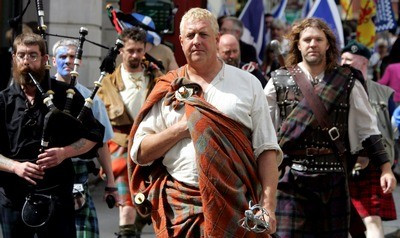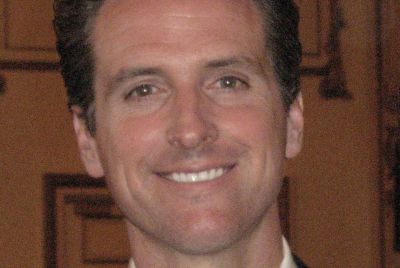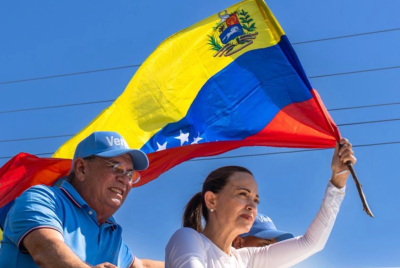Scottish Independence: Will Salmond's 'Braveheart' History Triumph?

Alex Salmond's blueprint for Scottish independence runs to 650 pages and is packed with facts, figures, policies, assertions and arguments. And that is only the start of this 10-month campaign which, for once, genuinely deserves the label "historic".
Over the next months, voters will be bombarded with claims, counter-claims, statistics and propaganda as both pro- and anti-independence camps make their case. But will any of it actually matter?
For a start, it will be almost impossible to determine which side is right. Will the EU force Scotland into the euro or will it keep the pound, will the Scottish parliament truly not raise taxes or will every taxpayer face a £1,000 hike, will Trident be kicked out of the Clyde within the first parliament, and will warship-building be snatched away and transferred to England?
And, horror of horrors, will BBC's Strictly Come Dancing no longer be beamed across the border?
There will be factual answers to many of these questions. Some, but by no means all, are contained in the White Paper. But who is going to read that? In the end this campaign will very likely come down to which side of the argument individual voters are more likely to trust and perhaps the most powerful weapon of all - emotion.
In that, it is highly reminiscent of the great 1992 Maastricht debate over Britain's role in the future European Union which was being created by a treaty, also deserving of the label "historic".
Very few people, including some ministers, ever read the huge, complex treaty document - but everyone had an opinion, held with varying degrees of certainty, based on whichever arguments, and those making them, they found the most compelling.
And much of it was based on emotion and deep-rooted feelings about national identity and self-determination.
Arguably, that is what the pro-independence campaign has often relied upon, the Braveheart moment when the Scots will finally cry "freedom", while the "antis" often stand accused of pushing scare stories about the bleak future facing Scotland if it goes it alone in the big wide world.
Recently appointed Liberal Democrat Scottish Secretary Alistair Carmichael has recognised the importance of emotion in the debate, telling Total Politics magazine that, as a young man he "did have a lot of the emotional pull that nationalists rely on".
No TV debate
And he added: "We [the anti campaign] are going to have to have more passion. I don't make a secret of that, and that's been an important part of the way I've done the job, or I've aimed to do the job.
"There's a narrative about being Scottish and British which is compelling - you saw that last year at the Olympic Games with Scottish athletes like Katherine Grainger, Chris Hoy and Andy Murray going in as part of a British team and winning gold medals. It reminded people what it means to be British and Scottish."
One of those deeply-held emotions in Scotland is anti-Tory, a view that was hardened when prime minister Margaret Thatcher launched the poll tax north of the border in 1989 before trying it in the rest of the country.
David Cameron is well aware of the sentiment, that is why he will not agree to a TV debate with Salmond, and will be keeping his role in the "no" campaign to a minimum, happy to leave the "Better Together" group in the safe hands of Labour's former chancellor Alistair Darling.
But there is also, needless to say, an anti-English sentiment among some Scots although no one will want to talk about it in this campaign and it may well not be strong or widespread enough to prove decisive, but mutterings about Bannockburn will be heard.
The polls have proved consistent - that Scotland will vote to stay within the Union by around 60% to 40%. But, according to the latest survey for the Scotsman newspaper, that lead would shrink from 55% to 45% if no extra powers for the Scottish parliament were promised in the event of a "no" vote.
And that suggests that this fight has plenty of life in it and will see that "passionate" emotional campaigning reaching new heights.
READ:
Scottish Independence: SNP's Alex Salmond Claims Scotland Will Keep Pound, Queen and EU Membership
Scottish Independence: Over Two Million Scots to Be Hit By Extra £1,000 in Tax
Scottish Independence: Mass Job Losses If Scotland Blocked from Currency Union
Scottish Independence Q&A: Top Prof Reveals What Scots and English Really Think of Each Other
GlaxoSmithKline Eyes £25m Scottish Expansion and Jobs Boost
© Copyright IBTimes 2025. All rights reserved.





















